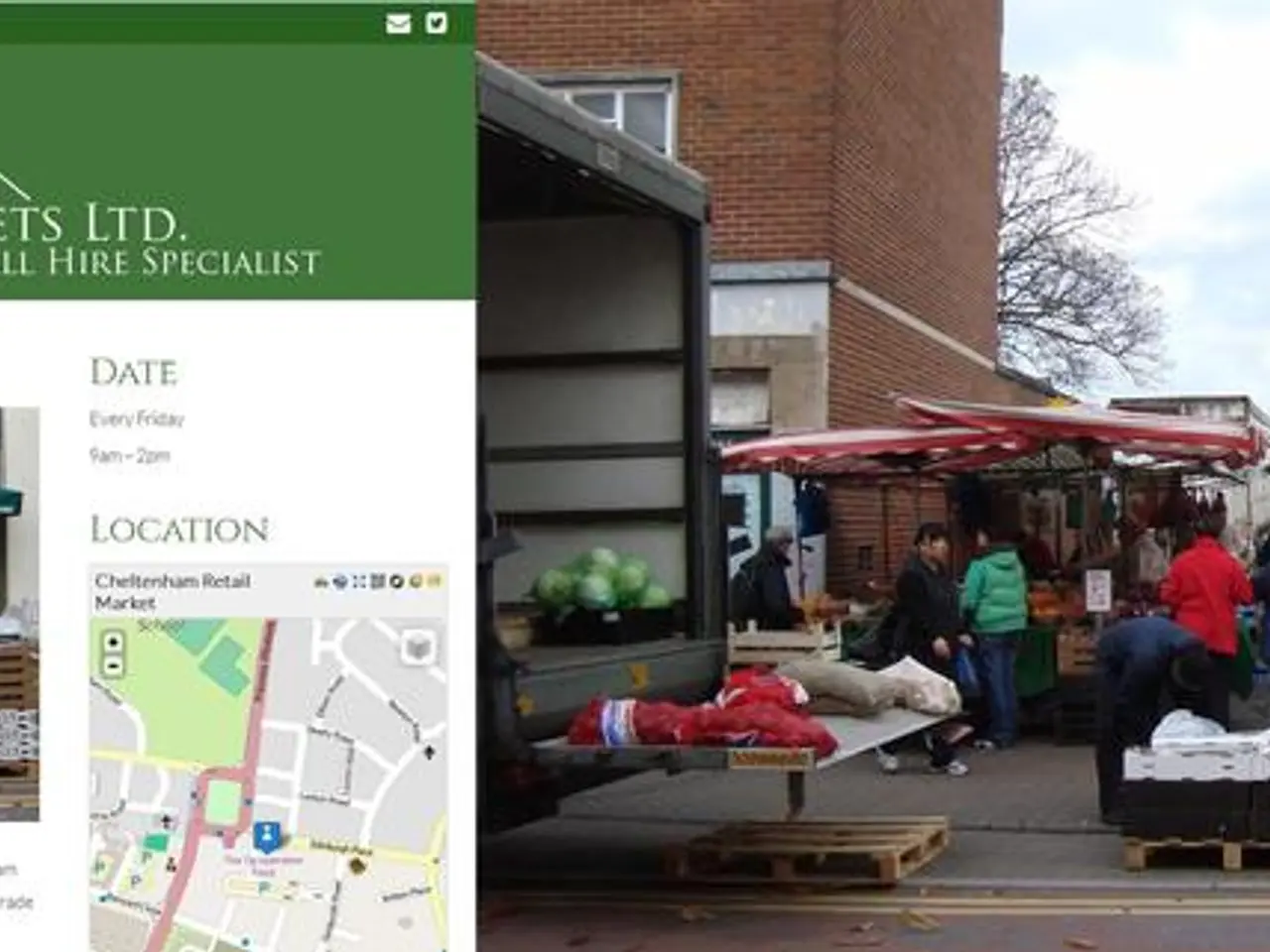Bangladesh's weiji moment potentially triggers the ensuing growth phase, according to Standard Chartered's analysis.
In the face of a rapidly changing global economy, Bangladesh is actively pursuing a wide-ranging economic reform agenda to manage volatility and position itself for sustained growth and increased foreign direct investment (FDI).
Naser Ezaz Bijoy, CEO of Standard Chartered Bangladesh, believes that the current stabilization presents an opportunity for sustained growth, but achieving this will depend on coordinated policy measures, ongoing external support, and structural reforms. His sentiments were echoed at a recent high-level dialogue titled "Weiji Unfolding: Bangladesh's Defining Moment in a Shifting World," where economists, policymakers, and business leaders discussed the road ahead.
According to a study by Standard Chartered Bangladesh (SCB), some form of stabilization is underway, with GDP growth rebounding to around 4.5% in Q2 of FY25 and inflation projected to drop to below 7.5% in FY26. However, challenges remain, particularly in the areas of taxation and the financial sector. Tax-to-GDP in Bangladesh remains stuck at around 7%, and non-performing loans still hover near 24%, threatening the foundations of the financial sector.
To address these issues, Bangladesh is focusing on several key areas:
1. Structural and Institutional Reforms: The government is working to rectify inefficiencies in institutions, outdated rules, and weak enforcement mechanisms to boost productivity, competitiveness, and quality investment. These reforms are critical to maintaining macroeconomic stability amid inflation pressures, exchange rate volatility, and external shocks from geopolitical tensions and unstable global demand.
2. Fiscal Policy and Budget Measures: The FY2025-26 national budget emphasizes infrastructure investment, inflation control, and fiscal consolidation to restore economic confidence. It introduces tariff reductions on raw materials to support domestic industries, but critics point to the absence of a clear, coherent industrial vision or strategic policy framework that fully embraces innovation and inclusive growth.
3. Banking Sector Stabilization and Reform: Bangladesh is undertaking major reforms to stabilize and strengthen the banking sector, supported by a $500 million Asian Development Bank (ADB) loan. Reforms focus on improving regulatory supervision, corporate governance, asset quality, and liquidity management. Measures to resolve nonperforming loans and align with international banking standards aim to enhance financial intermediation, increase access to affordable credit for micro, small, and medium enterprises, and promote financial inclusion.
4. Trade Liberalization and Export Promotion: To prepare for graduation from Least Developed Country (LDC) status, Bangladesh is adopting trade liberalization to counter anti-export biases and align with global trade norms. This includes efforts to create a more export-friendly environment, which is vital for economic transformation and integration into global value chains.
5. Enhancing FDI Attraction: To unlock FDI potential, Bangladesh prioritizes digitalization of business registration, licensing, and tax procedures to simplify investment processes. Tax reforms are proposed, including lowering corporate tax rates to a competitive range of 20-25% and offering sector-specific incentives targeting high-growth industries such as IT, electronics, and pharmaceuticals. Streamlining tax compliance and dispute resolution is also vital.
6. Skill Development and Labor Market Alignment: Recognizing the importance of human capital, resources are being allocated to technical and vocational training, especially within Special Economic Zones (SEZs). Collaboration between universities and industries is promoted to ensure labor skills meet foreign investors' needs, strengthening Bangladesh’s attractiveness for high-value investment.
In the volatile global environment, Sabah Saleheen Azim, head of Markets and Corporate Sales at Standard Chartered Bangladesh, stressed the importance of sound risk management. Embedding risk management practices to manage foreign exchange and interest rate uncertainties is crucial, he said.
A comprehensive banking sector reform bill is reportedly in the works, aiming to address weak governance and chronic inefficiencies in the banking sector. Foreign exchange reserves in Bangladesh are expected to reach $25 billion soon, providing a buffer against external shocks. However, Bangladesh has yet to clinch significant trade agreements that could shield it from global shocks.
In conclusion, Bangladesh's current economic reform agenda is multidimensional, involving fiscal consolidation, banking sector overhaul, trade liberalization, tax competitiveness, digitization of procedures, and skill development. These reforms aim to build resilience against external shocks, enhance competitiveness, and ensure sustainable growth with increased FDI inflows as the country transitions beyond LDC status.
The coordinated policy measures and structural reforms advocated by Naser Ezaz Bijoy and other business leaders, such as Sabah Saleheen Azim, are integral to Bangladesh's pursuit of sustained growth and increased foreign direct investment (FDI) in the face of a shifting global economy. These reforms encompass fiscal consolidation, banking sector overhaul, trade liberalization, tax competitiveness, digitization of procedures, and skill development — all aimed at strengthening Bangladesh's resilience, enhancing competitiveness, and ensuring long-term, sustainable growth with increased FDI inflows, as the country transitions beyond Least Developed Country (LDC) status.




